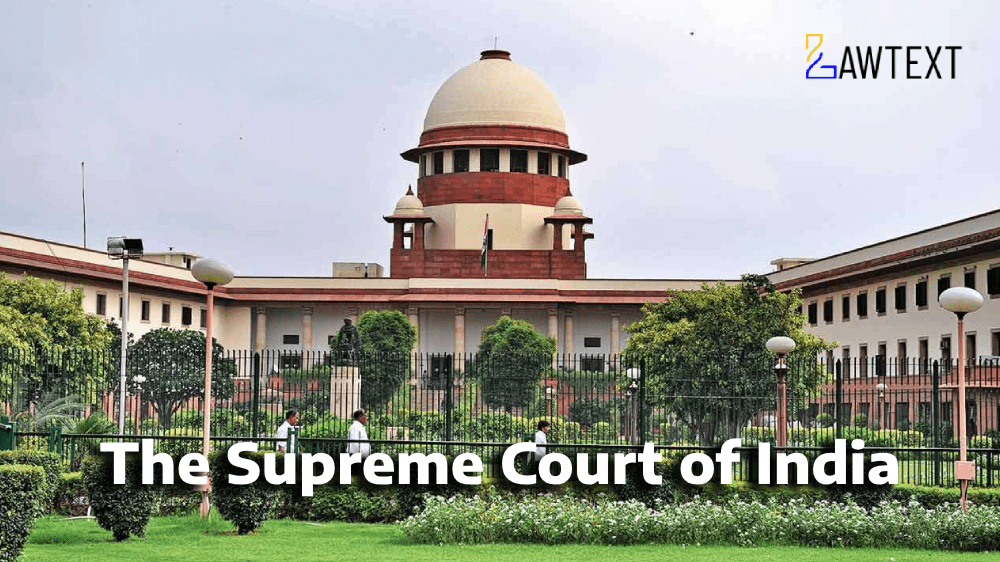

The Supreme Court addressed a petition under Section 11 of the Arbitration & Conciliation Act, 1996, filed by Cox & Kings Ltd., seeking the appointment of an arbitrator to resolve disputes with SAP India. The disputes arose from an agreement for the purchase and implementation of SAP Hybris Software. Cox & Kings argued that SAP India and its parent company, SAP SE, were responsible for software implementation failures, which affected its business operations. The key issue revolved around whether SAP SE, a non-signatory, could be involved in the arbitration proceedings.
The Court allowed the arbitration and referred the issue of the non-signatory's involvement to the arbitrator, emphasizing the need for minimal judicial interference at the stage of arbitration referral.
Parties Involved:
Agreements:
Dispute:
Arbitration Clause:
Impleadment of Non-Signatories: The main legal question was whether SAP SE, a non-signatory to the arbitration agreement, could be included in the arbitration under the "Group of Companies" doctrine.
Existence of Arbitration Agreement: Whether the arbitration agreement covered all claims raised, given the separate agreements for software purchase and implementation.
The Supreme Court reaffirmed that the referral court's role under Section 11 of the Arbitration & Conciliation Act is limited to determining the prima facie existence of an arbitration agreement. It emphasized that questions about whether a non-signatory (SAP SE) is bound by the arbitration agreement should be left to the arbitral tribunal to decide under the principle of competence-competence. The tribunal is best positioned to analyze complex facts and apply legal doctrines to resolve these disputes.
Commercial Arbitration, Group of Companies Doctrine, Software Implementation Disputes.
Arbitration, Supreme Court, Cox & Kings, SAP India, Software Dispute, Non-Signatory Arbitration, Commercial Contracts.
Citation: 2024 LawText (SC) (9) 93
Case Number: ARBITRATION PETITION NO. 38 OF 2020
Date of Decision: 2024-09-09
Case Title: COX & KINGS LTD. VERSUS SAP INDIA PVT. LTD. & ANR.
Before Judge: (Dr. Dhananjaya Y. Chandrachud CJI. , J.B. Pardiwala J. , Manoj Misra J.)
Appellant: COX & KINGS LTD.
Respondent: SAP INDIA PVT. LTD. & ANR.